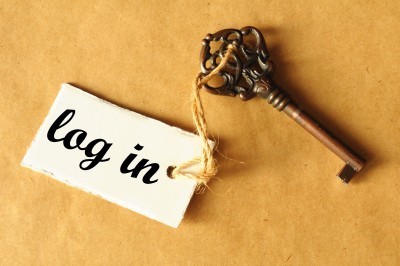
by Lynn Lipinski | Jul 6, 2017 | Essays and Features, Technology, Unsolicited advice
I have more digital passwords than keys, and without a handy key ring and visual clues like a Hello Kitty key cap, I’m having a hard time keeping them straight. Add to that the cautions of most info security professionals to avoid using the same passwords across...

by Lynn Lipinski | Oct 12, 2012 | Technology, Unsolicited advice
A study released by the International Telecommunication Union yesterday showed the world has about six billion mobile phone subscriptions — one billion are in China, another billion are in India. We’re rapidly approaching a time when we can say there are...




